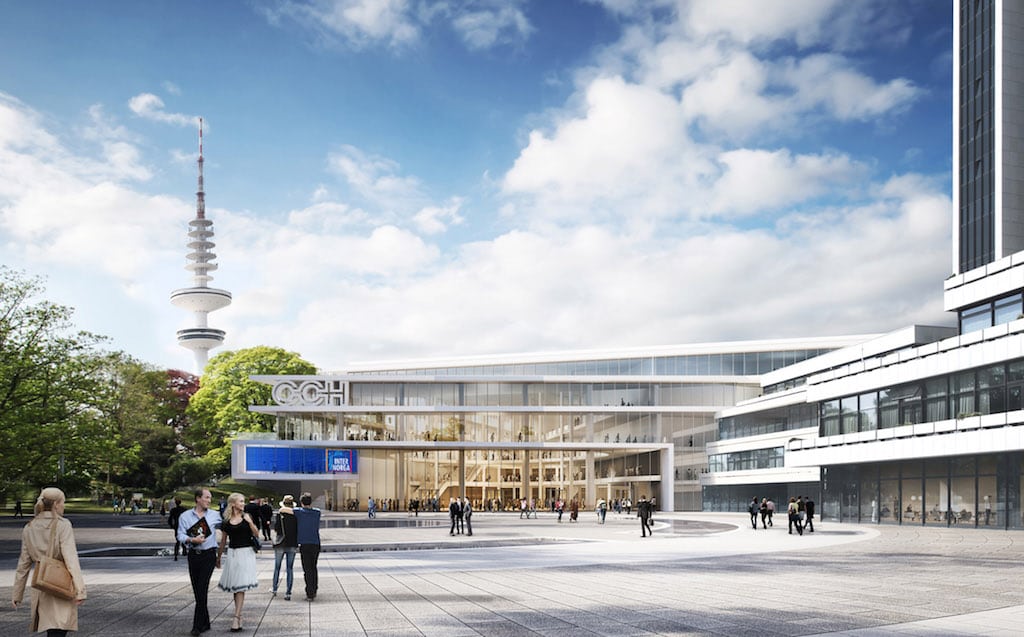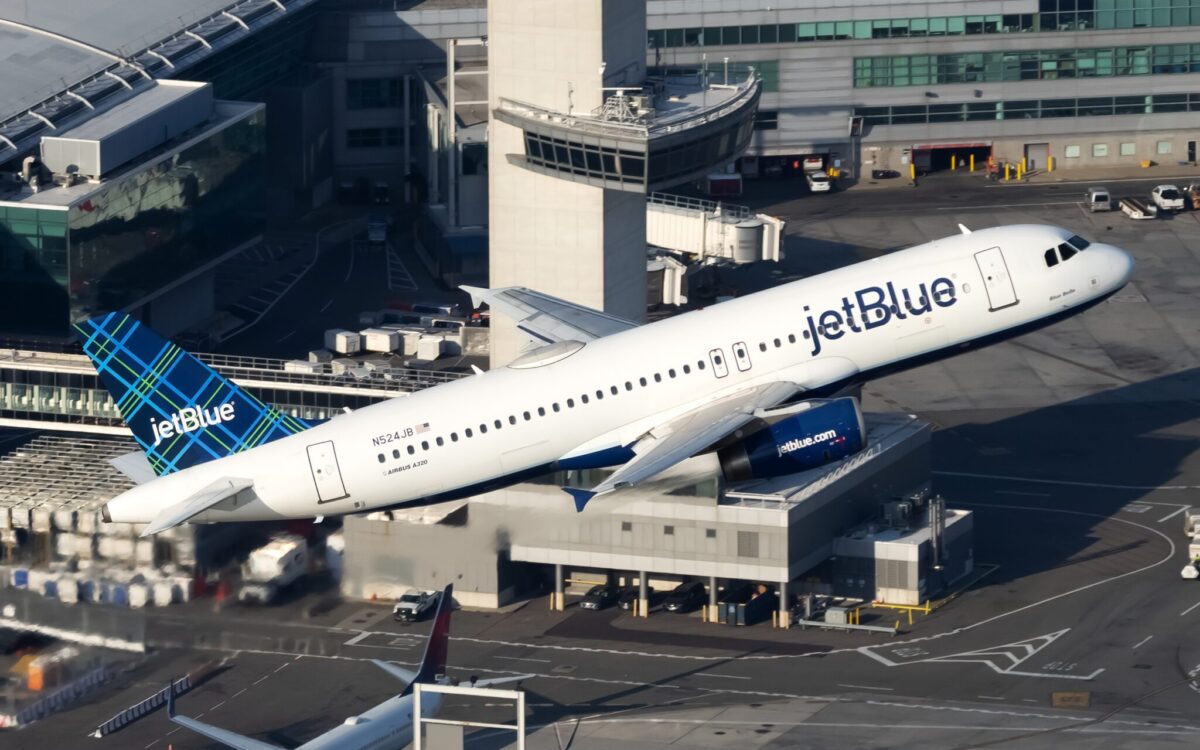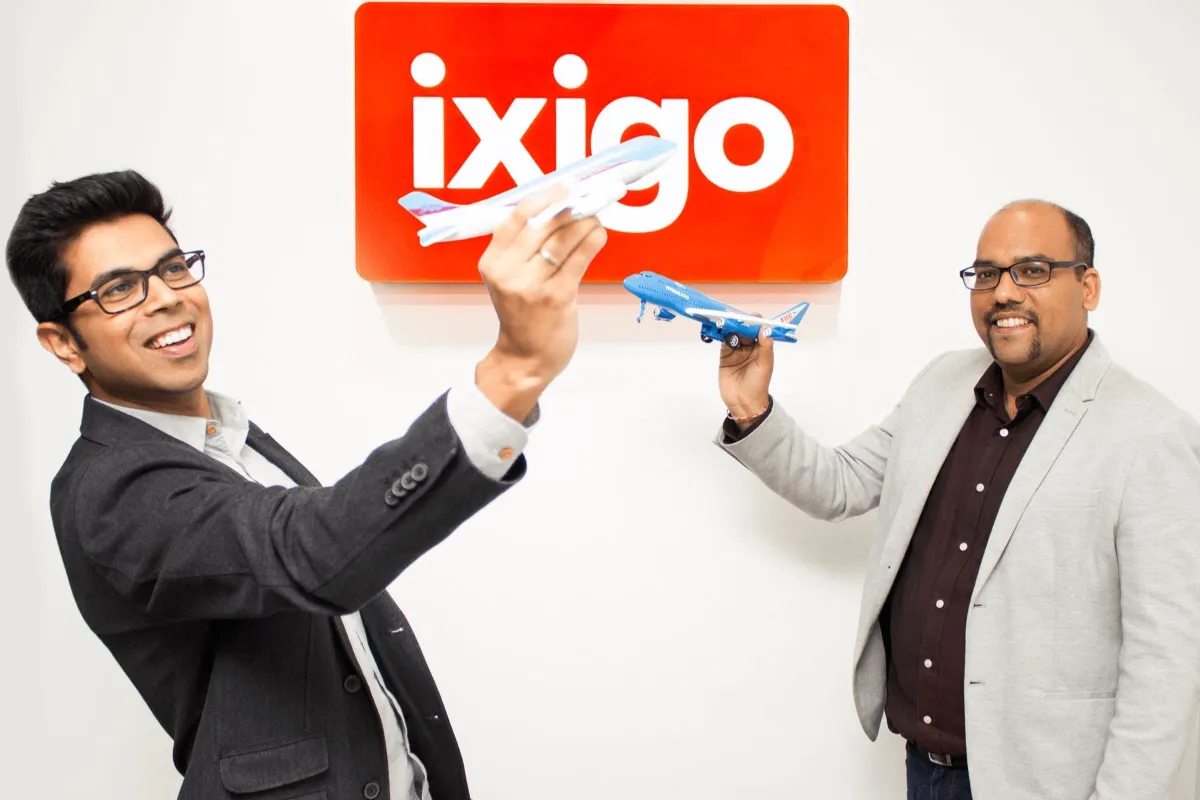Why Convention Bureaus Are Marketing Their Local Industry and Intellectual Capital

Skift Take
Wrapping up yesterday, the annual IMEX Frankfurt convention is the largest tourism industry buyer/supplier trade show for meeting, conference and incentive travel planners.
This year’s event was the biggest ever with more than 3,900 hosted meeting planner buyers participating in over 62,000 individual appointments with the global array of travel suppliers in attendance. Ray Bloom, chairman of IMEX Group, added that there were also “many new buyers from countries such as China, India, Brazil, Argentina, Egypt, and Israel at IMEX for the first time, making this the highest ever number of long haul buyers to attend the show.”
Also this year, there was a clear foundational shift in how leading destinations are beginning to promote their local knowledge economies equally on par with their meetings infrastructure. Especially prevalent among many of the European convention bureaus and destination marketing organizations (DMOs), the strategy leverages networks of local knowledge professionals to help attract meetings within their aligned industry sectors.
For example, the Hamburg Convention Bureau was able to successfully secure the annual IATA World Passenger Symposium in October this year because the city has formally developed a cluster of mobility and logistics companies based in the region around the port city. Executives from those companies now work together with the convention bureau to sell the destination to meeting planners who are sourcing destinations for large corporate and association events in the global transportation industry.
Driving this shift, it’s becoming more difficult for European DMOs to differentiate their destinations with the rise in the overall quality of convention centers, hotels and urban infrastructure in first and second tier cities. Compounding that, the raft of emerging convention destinations from Budapest to Krakow, and the growing demand from attendees seeking new destinations like them, is also slimming the traditional competitive advantage among major metros.
This idea of DMOs clustering their local knowledge professionals in a region, and packaging them as ambassadors to attract specific industry events, was first formulated by DMOs like the German Convention Bureau (GCB) about four years ago. Although, it’s taken considerable time for the individual cities to define their strongest sectors—such as IT, financial, transportation, medical, bioscience, green energy, robotics, nanotechnology, etc.—and then create these collections of ambassador companies around those specific knowledge industries.
With those clusters now becoming more firmly established, the GCB positioned its brand message for 2015 front and center at IMEX Frankfurt with the tagline: “Germany. Success Through Expertise.” It's basically a shift from marketing the destination's convention hardware to promoting a region's intellectual software.
That’s a marked contrast to other convention destinations still promoting their meetings product through the charm of their more touristy leisure industry attributes relating to culture and food, new luxury hotels and attractions, adventure excursions and scenic landscapes, etc. There's still value in that for the incentive travel market, of course, as well as meetings, but it's not all that special within the context of the entire continent.
What city in Europe doesn't have a 13th century church or bucolic countryside nearby?
But is this focus on selling a destination to meeting planners by selling the local knowledge industries driving new meetings business? Anecdotally, the numbers suggest yes. Matthias Schultze, managing director of the GCB, held a press conference at IMEX detailing the country’s 2015 Meeting & Event Barometer report. International meeting attendees in 2014 jumped 9% in Germany over 2013, from 23.4 million people to 25.6 million, compared to 16.6 million in pre-recession 2007.
The GCB is also developing a new website that will lead with information about industry expertise by sector, segmented by each destination’s specific areas of expertise. That content will then be further bucketed by the type of groups booking Germany, including corporations, associations and third party agencies.
“In 2012 we asked event planners how important it was to offer industry-specific expertise, and we had over 80% of them say it was important, but at that point, there were only about 25% of German suppliers focusing on that,” said Laura d’Elsa, North American director of the GCB. “We’re now preparing an official survey where we'll be asking German suppliers directly: ‘Are you incorporating local expertise in your key industries in your marketing strategy?’ And then the new website will show a lot of case studies where you will see how that clustering of industry expertise in key industries, and promotion of that industry expertise, is driving new meetings and convention business. Hamburg and IATA is a perfect example of that.”
Tapping Into the Demand for Local Knowledge
The Netherlands Board of Tourism & Conventions (NBTC) is also launching a new website this year with a new URL geared mostly toward the association meetings market where industry education is always a top priority. Antonia Koedijk, director of business development for the NBTC, emphasizes how it’s becoming more difficult for tourism companies to differentiate themselves to association planners without a significant amount of industry-specific educational content local to the destination.
“We’re trying to get the message out to our partners about how we differentiate our knowledge economies, and how we communicate that to international planners, so that’s the reason for this new online portal,” Koedijk told us. “We have had an association focus since 2007, and we have the hardware in place. So now it’s all about where the expertise can be found, who the university faculty are, and who are the business thought leaders, because those are the questions we’re receiving from planners in the marketplace.”
The promotional one-pager for Rotterdam, which is fast emerging as a new global meetings destination due to a massive amount of urban redevelopment over the last two decades, promotes the city as an intellectual capital before it highlights the new meeting venues, hotels and restaurants. It reads: “The high concentration of prominent businesses and knowledge hubs such as Erasmus University Rotterdam, Delft University of Technology, the Netherlands Organisation for Applied Scientific Research and Leiden University promotes the exchange of knowledge and innovation.”
Supporting that, Rotterdam Partners is an interesting collection of business and marketing companies, including the Rotterdam Partners Tourism Board & Convention Bureau, Rotterdam Economic Council, and the Rotterdam Knowledge Ambassadors network. According to the website about the latter: “This network consists of academics, researchers and other experts working for knowledge institutes. These knowledge ambassadors help Rotterdam Partners promote Rotterdam as an attractive congress destination and attract more congresses to Rotterdam.”
This is a good example of how knowledge sharing—something that’s always been inherent in destinations promoting their meetings and events product—is becoming more formalized in destination marketing.
“Now we’re trying to focus more on leveraging Rotterdam’s network of academic and corporate colleagues to reach our clients abroad to deliver a better convention experience,” says Baris Soyogul, account manager business events at Rotterdam Partners. “So we are basically professionalizing the experience more because it is a very competitive market in Europe.”
Manchester, England is the first UK city to ever be awarded the 18-month title of European City of Science running from mid-2015 through 2016, in part based on scientific breakthroughs in advanced materials such as Graphene at the University of Manchester. Earlier this year, the newly formed Manchester Growth Company incorporated the consumer-facing Visit Manchester and trade-specific Marketing Manchester tourism promotional organizations with the city’s business and economic development organizations to further exploit the potential to create new conferences revolving around the city's expertise in science.
That also creates a larger, more seamlessly integrated network of knowledge professionals, especially conversant in the fields of science and technology, to help promote the destination to international convention organizers. So now, Visit Manchester can bring an exponentially larger number of potential knowledge professionals and partnerships to the table when showcasing the city during advanced negotiations with planners.
One interesting angle to this is that DMOs have always promoted themselves as having the most knowledge of any given destination, but that now increases dramatically by collaborating with other city departments such as economic development.
“The destination marketing organizations do know the most about a city’s infrastructure for congresses and meetings, but there’s no way with 50 staff members, for example, that they can know all of the companies operating in the city,” said Nick Brook-Sykes, director of tourism for Marketing Manchester. “So it’s not just the convention bureau now. By working with our colleagues in investments, by working with our colleagues in research, that gives us a whole new network within our organization, because we’re all under one organization now…. That provides opportunities for a much richer conference experience, deeper immersion into the city within that conference theme, and the possibility of working with more academic and business specialists rooted in those fields.”
Visit Manchester has created a series of webpages promoting its destination ambassadors, where interested convention planners can actually learn about the people who they could partner with in their related sectors. There's even videos for some of them. When asked if Manchester is developing more online content specifically highlighting opportunities for planners to collaborate with like-minded industries, Brook-Sykes says it’s an ongoing internal discussion and new budgets need to be created to facilitate that.
As Skift reported in a similar story relating to American DMOs developing more comprehensive and sophisticated meetings-specific online content, the budget challenge for content marketing comes up a lot on the group side. There's definitely movement on this topic with the growing realization of the business ROI, but it's still in its infancy.
So we went back to Koedijk in the Netherlands to ask how her convention bureau secured the funds for Holland’s new upcoming meetings portal.
“Our goal is to distinguish ourselves from the competition and serve our clients well because there’s definitely demand for this type of education from the clients,” she said. “So we work closely with the Ministry of Economic Affairs, and they are very supportive of us reaching out to these top sectors and working with the people in the field to communicate the message about Holland as a convention destination. There are thousands of associations out there in North America and Europe, and they’re all trying to expand their horizons and they’re all looking at global expansion. Some of them do not really know how to approach that, however, so it’s up to us to educate them.”
Greg Oates covers hospitality and tourism development. Email him at [email protected].




